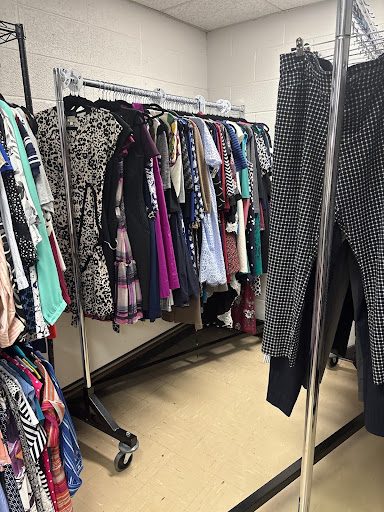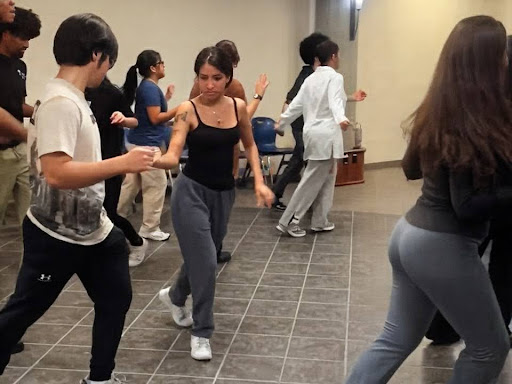James McClendon, Editor-in-Chief
On Oct.7 an audio recording was leaked to the Washington Post. The recording was of a lewd and objectifying conversation between Presidential candidate Donald Trump and Billy Bush, who was recently dismissed from his role as the host of the “Today” show.
Trump released a statement the same day the tape came out. The statement was half apology and half “it’s not a big deal.”
“This was locker room banter, a private conversation that took place many years ago. Bill Clinton has said far worse to me on the golf course – not even close. I apologize if anyone was offended,” Trump said.
Men’s lacrosse assistant coach, Sean Behan said that he had never been in locker rooms where words like that were spoken.
“I don’t agree with that being compared to locker room talk,” Behan said. “It shows the type of personality he has.”
For many athletes the locker room is a sacred place shared with teammates and coaches. It is an important part of the athletic experience and it was clear that Trump was attempting to whitewash his earlier statements.
“For me sports builds character and for him to downplay what we do is a little insulting,” Behan said.
Many professional athletes have taken offense to Trump equating any of his vulgar language to what goes on in their locker rooms.
NBA champion Lebron James is one such athlete who objects to Trumps claims that the talk was just locker room banter. James also recently gave his personal endorsement to Trump’s opponent, Hillary Clinton.
NFL quarterback Tom Brady had shown that he publicly supported Trump when a “Make America Great” hat was seen hanging in his locker before the recording was leaked.
At a press conference last week, Brady was asked if he felt that Trump’s comments were simply locker room talk and he did not respond. He simply left the podium. He later said that he wanted to avoid becoming a distraction for the team.
Professional athletes have a platform to express their opinions and beliefs and now that many of them are taking political stances, they introduce a new audience to the political landscape.






